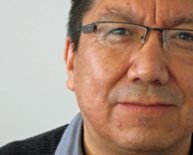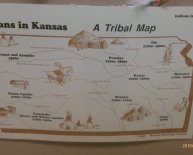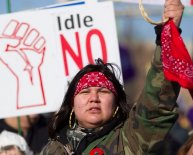
Aboriginal tribes of Canada
There are six cultural places contained in what's now Canada, unrestricted by worldwide boundaries. The Plains social area is a huge area that extends from southern Manitoba in addition to Mississippi River westward into Rocky Mountains, and from the North Saskatchewan River south into Texas. The definition of “Plains individuals” defines a number of different and unique groups, such as the Blackfoot, Cree, Ojibwa, Assiniboine, Nakota, and Dakota.
Land and Resources
The Plains cultural location has actually a continental climate — hot and dry summers and incredibly cold winters. High grass addresses the rolling prairies in eastern; quick grasses, sage and cacti the arid large plains into the west. Level land and moving mountains extend everywhere. Streaming eastward, rivers have actually cut deeply into the land, and provide almost most of the scarce readily available water. Tree development regarding large plains is restricted to those valleys, becoming rapidly much more noticeable toward the margins of area.
Plains Aboriginal tradition had been based primarily regarding immense herds of bison, or buffalo, that roamed over and provided upon these grasslands before early 1880s. Bison herds shared these sources with pronghorn, elk, mule deer, jack rabbits, prairie dogs and a selection of little herbivores, grouse, geese, ducks and cranes. This wildlife was preyed upon by wolves, coyotes, grizzly-bear, cougar, eagles, other birds of prey and humans.
Significant Language Groups and Peoples
The languages spoken because of the native individuals of the flatlands with what happens to be Canada fit in with three linguistic families. Algonquian languages were talked by the Blackfoot, Plains Cree (Nêhiyawak), Gros Ventre (Atsina) and Plains Ojibwa; Siouan languages were those for the Nakota (Assiniboine), Stoney Nakoda and Dakota. Dene ended up being spoken by the TsuuT’ina (Sarcee). Languages from individual households tend to be completely divergent, and within each family members languages is similar but mostly divergent. This linguistic diversity therefore the large flexibility of the nomadic populace in the Plains encouraged the introduction of communication in the form of hand gestures or sign language. Aboriginal men and women in this region however speak numerous indigenous languages. In 2011, significant communities reported fluency in Blackfoot, Ojibwa, and Cree. (see Aboriginal Individuals, Languages).

















